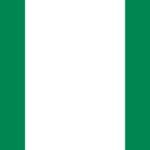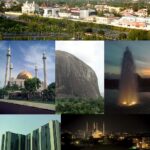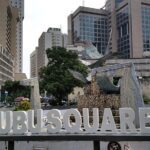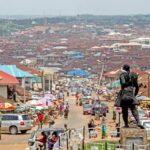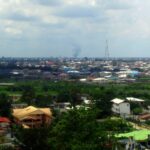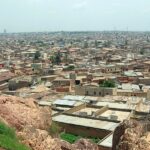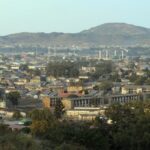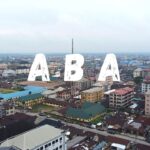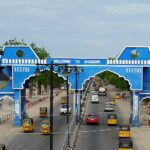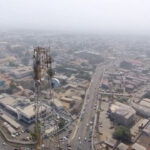Benin City
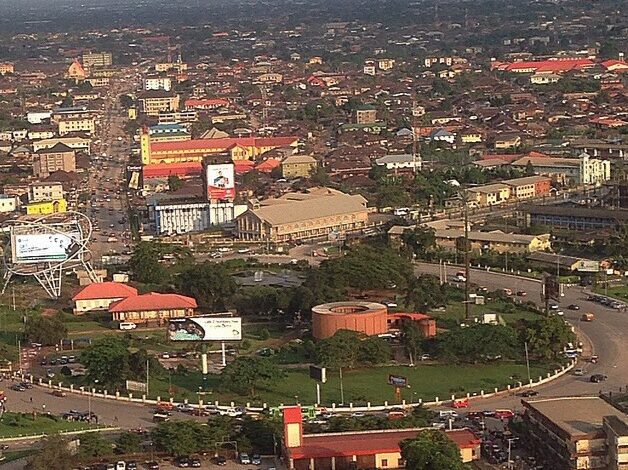
Benin serves as the capital city of Edo state, situated in southern Nigeria, approximately 40 kilometres north of the Benin River. This city stands at the heart of Nigeria’s rubber industry and is a significant oil producer. It also holds historical significance as the former centre of the Edo kingdom before it fell under Portuguese capture.
Renowned for its rich cultural heritage, Benin is particularly famous for its bronze sculptures and beads. The city boasts attractions that contribute to its popularity, including the National Museum, the Oba’s Palace, and Igun Street—an area well-known for its bronze casting and various festivals.
Full info about Benin City, Nigeria
| ID |
|---|
| 76800 |
| Name |
| Benin City |
| State ID |
| 318 |
| State Code |
| ED |
| State Name |
| Edo |
| Country ID |
| 161 |
| Country Code |
| NG |
| Country Name |
| Nigeria |
| Latitude |
| 6.33815000 |
| Longitude |
| 5.62575000 |
| WikiData ID |
| Q320704 |
